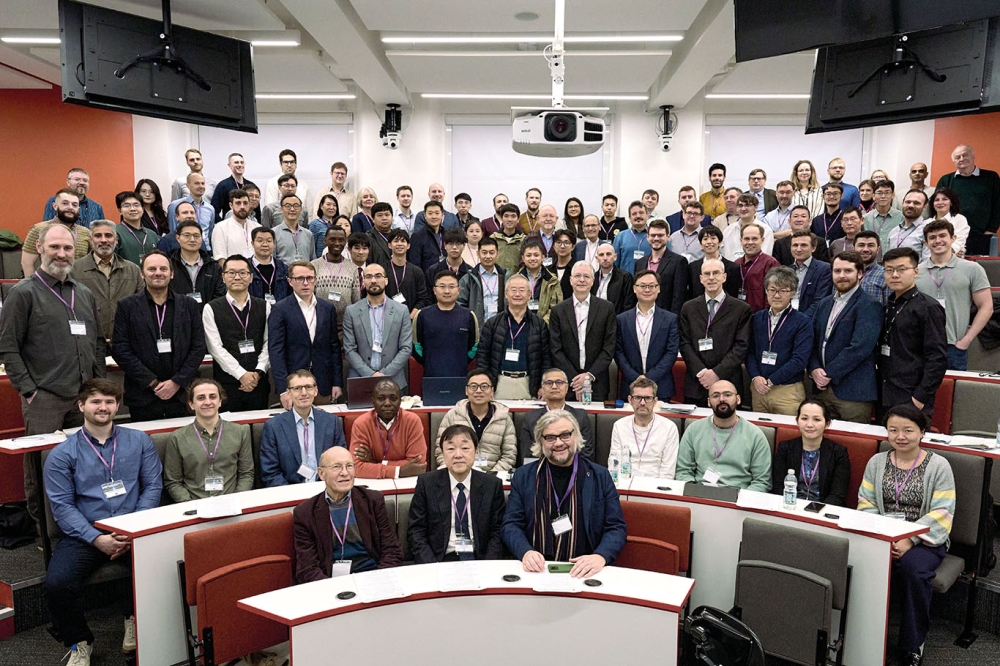News Article
Collaborative research for solar growth
QuantaSol has exclusively licensed advanced materials growth technology from the University of Houston to make its manufacturing process simpler and cheaper, while further improving solar cell efficiency.
“We’ve already tested the benefits of using Houston’s dilute nitride materials in the way we engineer quantum wells in our cells,” said Keith Barnham, CSO and co-founder of QuantaSol. “The exclusive worldwide licence is a strategic move to ensure we maintain our performance advantage, and we will work with our colleagues in Houston to develop the techniques further in commercial production in 2010.”
QuantaSol combines nanostructures, ‘quantum wells’, of two or more different alloys, in order to obtain synthetic crystals. The crystalline structure can be tuned during manufacture to overcome the absorption problems associated with current concentrator photo-voltaic (CPV) cell designs. The quantum well effect also greatly enhances the photovoltaic conversion efficiency, as already proven by its recent world record efficiency single junction device. Ultimately QuantaSol will produce highly efficient triple junction CPV devices in 2010.
The use of dilute nitrides will allow QuantaSol to reduce the number of quantum well layers it needs to introduce into each junction, while maintaining or increasing solar efficiency. This further reduces the thickness and manufacturing cost of its production devices.
“This is the first major collaboration QuantaSol has announced,” said Chris Shannon, QuantaSol’s new CEO. “It indicates just how close the company is getting to being able to produce very efficient devices in production quantities.”
“We are excited to cooperate with QuantaSol in its application of the basic patents of Prof. Alex Freundlich on quantum well solar cells. These joint efforts will advance solar cell technology and help increase our use of renewable resources, “ said Alex Ignatiev, director, Center for Advanced Materials, and professor at the University of Houston.
QuantaSol combines nanostructures, ‘quantum wells’, of two or more different alloys, in order to obtain synthetic crystals. The crystalline structure can be tuned during manufacture to overcome the absorption problems associated with current concentrator photo-voltaic (CPV) cell designs. The quantum well effect also greatly enhances the photovoltaic conversion efficiency, as already proven by its recent world record efficiency single junction device. Ultimately QuantaSol will produce highly efficient triple junction CPV devices in 2010.
The use of dilute nitrides will allow QuantaSol to reduce the number of quantum well layers it needs to introduce into each junction, while maintaining or increasing solar efficiency. This further reduces the thickness and manufacturing cost of its production devices.
“This is the first major collaboration QuantaSol has announced,” said Chris Shannon, QuantaSol’s new CEO. “It indicates just how close the company is getting to being able to produce very efficient devices in production quantities.”
“We are excited to cooperate with QuantaSol in its application of the basic patents of Prof. Alex Freundlich on quantum well solar cells. These joint efforts will advance solar cell technology and help increase our use of renewable resources, “ said Alex Ignatiev, director, Center for Advanced Materials, and professor at the University of Houston.































